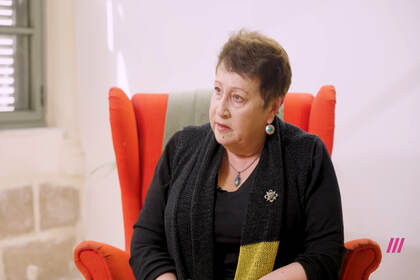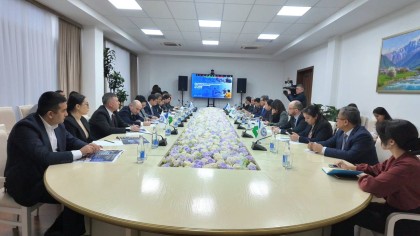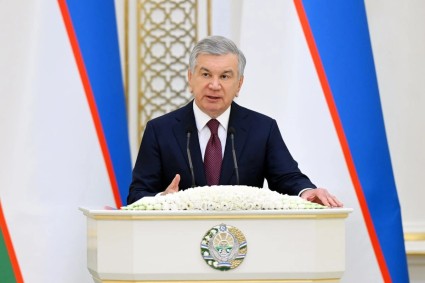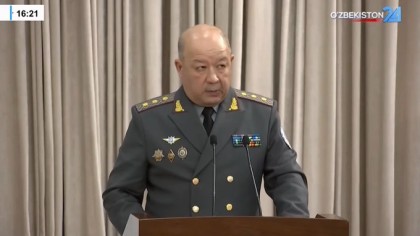The sales of tickets for poetry reading of the Israeli writer Dina Rubina in Tashkent has been suspended after she said: "Israel has the right to purge Gaza."
The performance was scheduled to take place at the Turkiston Palace, tickets went on sale on the iTicket.uz website and at the box office. However, at the time of publication, access to online sales was closed, and the link to the event page is leading to a 404 error page. The announcement of the concert was also removed from the Afisha.uz website.
This happened after the Dozhd TV channel published a 90-minute interview with Rubina on July 20, which, among other things, touched on the topic of the Hamas attack on Israel on October 7, 2023, and the conflict itself.
On July 22, journalist Mikhail Kozyrev, who interviewed, posted the cut part of the dialogue on his Facebook page, stating that three of Rubina's most provocative phrases were removed from the air - including the words about "dissolving in acid" and "parking place in place of Gaza."
According to the transcript published by Kozyrev, Rubina said:
“Israel has the right for self-defense. It has the right to dissolve them all in hydrochloric acid. It has the right to cleanse Gaza and make a parking lot in its place. Because there are no civilians there, no! One teacher kept the head of an Israeli soldier in a freezer, another kept the remains of a body in a basement. Let them not tell me about ‘civilians’.”
The musician Andrei Makarevich, who now lives in Israel, stressed in the comments: “You cut out the most important thing.” In response, Kozyrev explained that such words “should not be heard on the air.”
The writer, according to him, approved the final version of the interview, but there was no agreement to publish the cut phrases. Kozyrev’s post caused a heated polemique: some users accused Dozhd of censorship, while others considered Rubina’s statements unacceptable. Some pointed out that the words taken out of context sounded harsher than the original.
On July 29, Dina Rubina posted a response on her Facebook page, accusing Kozyrev of manipulating and distorting the meaning of her words:
“I waited for several days, watching the ninth wave of dirty hype that poured on me from the platforms of various companies-communities and back alleys, after my interview with the Dozhd TV. I am quite happy with this interview: it is long and filled with life. My life, and the life of my country.
However, the host apparently thought it was too benevolent, and for a sharper impression, he cobbled together some dirty addendum from my various words and phrases, which he posted on his Facebook page.” This puzzle can be put together this way and that way, you can screw a couple of non-existent meanings into it; you can tear a phrase out of its emotional and logical context. This is not even a forgery, it is simply a clever manipulation of substitute meanings, a dropped word placed in a sharp context. If all this is too complicated for you, then here is a simpler name: meanness. Meanness and manipulation."
Soon Kozyrev brought her a public apology, admitting that he should not have published the full fragment:
"I made a mistake by publishing the full transcript of what Dina Rubina said about the Gaza Strip in our interview. Together, the editorial board and I decided to remove three radical formulations from it. But on my Facebook page, it seemed important to me to give this piece in its entirety. I should not have done this. I apologize to Dina Ilyinichna and the Dozhd TV channel, which set her up in this way.
I consider the colligation "they are all like this" to be harmful in relation to any nation. There are no bad nationalities, there are bad people. Often the concentration of evil is off the charts, but even war does not justify "they must all be destroyed" in relation to enemies. This is dehumanization. Understanding the reasons why people come to these beliefs, I myself refuse to go down this road."
The full video footage was not presented by Kozyrev, Rubina, or the Dozhd TV channel.
Dina Rubina was born in Tashkent in 1953, taught at the Institute of Culture, was a member of the Writers' Union of the Uzbek SSR. Since 1984, she has lived outside of Uzbekistan. She is now living in Israel.














